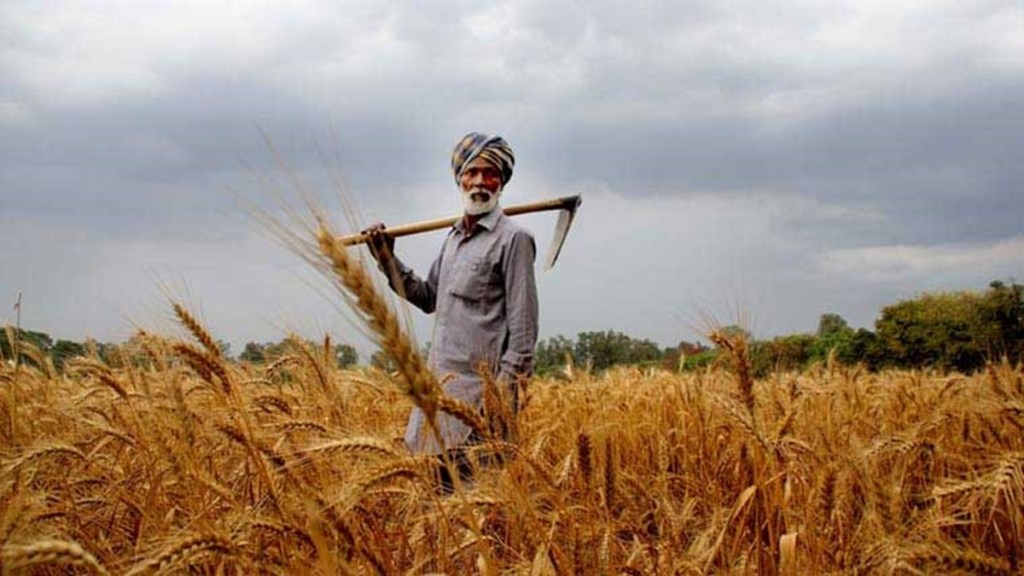In a first-of-its-kind initiative to incentivise farmers for adoption of environmentally sustainable agriculture practices, especially in India’s rice growing states, a collaborative joint sector programme has been launched where farmers would be able to earn carbon credit for using low tillage and direct seeding techniques.
The carbon farming programme has been initiated by a private entity Grow Indigo (GIPL), a joint venture between domestic seed major Mahyco and US-based Indigo.
According to Usha Zehr, executive director, GIPL, so far around 45,000 acres of paddy growing land in Punjab and Haryana have been registered for the carbon credit initiative.
Farmers who adopt farming techniques – direct seeded rice, which improves water use efficiency and no tillage practice which conserves soil organic bio-mass, prior to planting of paddy could register for the programme for getting carbon credit.
“We are targeting 1.5 million acres in the next one year under the carbon credit initiative,” Usha told FE at the sideline of Norman E Borlaug international dialogue held last week here. The company will aggregate the credit and sell it to buyers while 75% of revenues earned from the credit flow back to farmers.
Under the programme other rice growing states including Uttar Pradesh, Bihar, West Bengal and others would be included in the programme this year.
The company has been carrying out geo-fencing of each of the farm plots for capturing progress of the programme. The farmer registered with the programme could earn one carbon credit annually per acre and currently the value of one carbon credit is $ 40 and is equivalent to a reduction of one tonne of Co2 emission. “The farmers are rewarded to continue with the environmentally sustainable methods for 20 years,” Usha said.
“We see carbon as an additional source of income for the farmers for adopting environmentally sustainable methods of farming and we are focussing on generating quality carbon credit” an official of GIPL said.
Carbon credits from farmers can be purchased by those industries, especially aviation, mining or manufacturers of fertiliser, who are not in a position to reduce their carbon footprints because of the very nature of their business.
Indian Agricultural Research Institute, is providing its expertise in remote sensing technology for satellite monitoring of paddy fields registered by farmers under the project for validating claims of their adoption of sustainable practices.
Zehr said the programme is certified under the carbon standard (Verra) protocol, which is a global voluntary GHG reduction programme. On the basis of certification, the carbon credit will be awarded to farmers.
Besides, GIPL just commenced helping farmers market their produce for better prices. Recently agri-startup Boomitra has launhced its carbon credit programme.
According to scientists, microbes in flooded rice fields produce methane, some of which is emitted into the atmosphere. Because of the intensive farming system adopted after the Green Revolution, soil fertility has dropped sharply. If paddy straw is not burnt and put back into the soil, the organic carbon content of the soil gets enhanced, thus improving fertility
India is also world’s second-biggest rice producer after China with an estimated production of 130.29 million tonne (mt) in 2021-22 crop year (July-June) while India continues to be the world’s biggest rice exporter with estimated exports of more than 21 mt in 2021-22.
(Travel for this report was sponsored by US Soybean Export Council)


